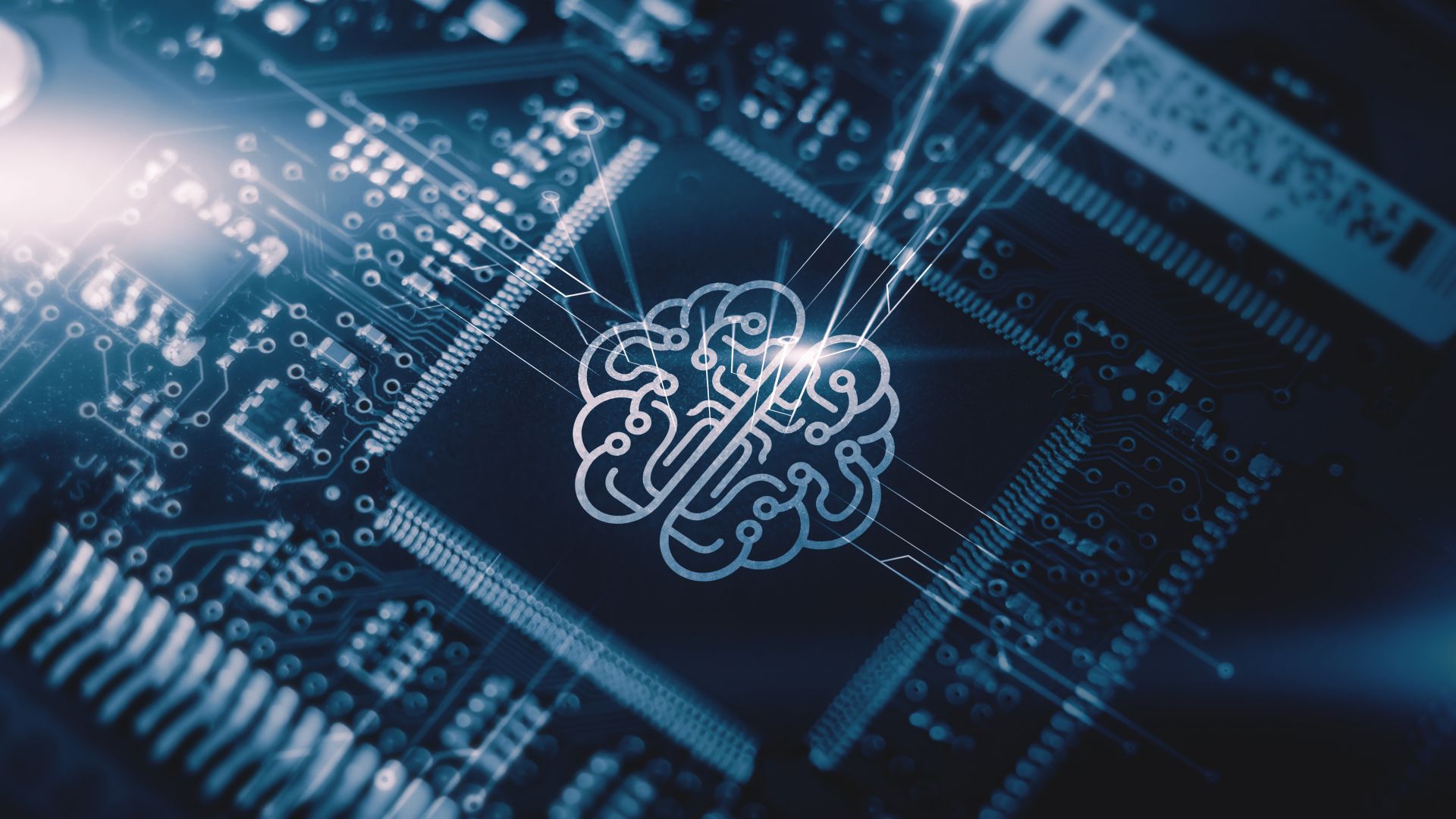At a plenary vote today, the European Parliament has sent a clear message: we are ready to set the world's first-ever regulation of Artificial Intelligence (AI).
During the negotiations, the S&Ds greatly improved the European Commission’s proposal and contributed to the shaping of a more progressive legislation. The adopted text now keeps human beings and their fundamental rights at the heart of the proposal while ensuring legal certainty, avoiding an overlap with existing legislation and aiming to stimulate innovation.
Among the key priorities the S&Ds managed to anchor in the text are: the ban of real time facial recognition in public spaces, the obligation for companies and authorities deploying an AI system to assess its impact on fundamental rights and develop specific measures to mitigate possible problems; the protection of workers and obligation for companies to involve trade unions with a view to reaching an agreement before using AI at the workplace; the banning of AI for predictive policing and the banning of AI for emotion recognition in sensitive areas such as border management, law enforcement and education.
The S&D Group also successfully pushed to extend the scope of the AI Act to cover systems like ChatGPT, and to cover risks related to the environment, democracy and the rule of law.
The negotiations in trilogue will start today and the AI Act should be adopted before the end of the year, under the Spanish presidency of the EU.
Brando Benifei, S&D MEP and European Parliament co-rapporteur of the Artificial Intelligence Act, said:
“The whole world is watching us. ChatGPT was a wake-up call for the potential risks and threats of artificial intelligence. Europe is ready to give its response to existing – and also future – risks.
“We are proud to have found a good balance between innovation and protection of fundamental rights. We managed to include the mandatory consultation of trade unions when introducing AI in the workplace.
“The trilogues will already start tonight. Pre-empting the entry into force of the AI Act is an idea already being discussed between the co-legislators. We should not shy away from this idea and look into the technical and legal feasibility."
Alex Saliba, S&D Group vice-president for a strong digital Europe, said:
“Artificial Intelligence is a reality in our daily lives and it has a strong impact on our societies and democracies. Today’s vote is an important milestone.
“Over the past few years, the Socialists and Democrats have been at the forefront of the digital transition – one of the main challenges of this decade – leading on key files such as the Digital Services Act, the Digital markets act and the right to disconnect. Our goal is to contain the risks and harvest the benefits of the digital transition – to the benefit of all.”












